Among the diseases that can affect felines, disorders of the heart muscle or myocardium affect nearly 95% of cats. In fact, cardiomyopathy is the most common heart disorder in cats.
5% of cats are affected, as well as dogs, by a heart disease at birth. This is called congenital heart disease.
What is feline cardiomyopathy?
There are different forms of cardiomyopathy but the most common is hypertrophic cardiomyopathy or HCM. Indeed, it affects nearly 70% of cats.
It is characterized by a strong thickening of the walls of the heart which disturbs the blood flow.
This heart disease in cats can be :
- Primary, i.e. due to a genetic or unknown cause. This form is quite frequent and has no definitive cure to date;
- Secondary to another disease such as hyperthyroidism which occurs after the age of 10, high blood pressure or renal failure which needs to be treated.
Feline cardiomyopathy affects mostly males and can occur at any age. However, cats between 5 and 7 years of age are more at risk. Some breeds are more frequently affected by this disease such as the Maine Coon, the Persian or the Sphynx. For these breeds, it is possible to detect HCM by genetic testing but the age of onset is unpredictable.
This condition can lie dormant for many years and occur overnight without any warning signs. Cardiomyopathy can also causeheart failure in cats. The heart is no longer able to pump enough blood to meet the body's needs.
Symptoms of a heart condition in cats
Heart disease in cats is often undetectable and appears very suddenly. Depending on the stage of the disease, symptoms may vary from cat to cat.
Most of the time, the symptoms are similar to heart failure:
- Fatigue;
- Coughing;
- Breathing difficulties and shortness of breath;
- Intolerance to exercise;
- Heart rhythm disorder;
- Loss of appetite;
- Weight loss.
More serious symptoms can also occur. Specific to the feline species, paralysis of the two hind limbs can occur suddenly and cause severe pain in the animal. It is caused by a blood clot that forms in the heart and as it moves through the vessels, it blocks the blood flow. Also, sudden respiratory distress may occur with jerky abdominal movements.
However, some cats remain asymptomatic their entire lives and die of a heart attack.
Diagnosing a heart condition in cats
As mentioned, diagnosis of the disease and its origin in cats can be difficult. However, specific examinations by the veterinarian can help detect the warning signs of the disease.
X-rays, blood tests,electrocardiograms, blood pressure measurements and especiallyechocardiography can help detect heart problems and the causes of cardiomyopathy.
As far as the latter is concerned, it is essential to detect it as early as possible in order to set up an adapted treatment and to improve the quality and the duration of the cat's life.
What treatments for heart problems in cats?
1Veterinarycare
Heart disease in cats is treated in most cases with medications prescribed by the veterinarian. It is important to know thatno treatment can permanently stop cardiomyopathy in cats.
However, with the right treatment plan in place, the cat's symptoms can be alleviated and the cat can live comfortably for many years.
Various veterinary treatments are used to improve the function of the heart. In the case of cardiomyopathy, these can allow the treatment of the disease that is at the origin, if the latter is known (hyperthyroidism, hypertension).
It is also important to monitor the cat's lifestyle and avoid sources of stress in order to preserve its heart functions.
2Anadapted diet
Among the aspects that help alleviate heart disease in felines, diet plays a very important role.
A cat with a heart condition tends to lose weight and appetite. An adapted diet low in salt must then allow to support its muscular mass and maintain its appetite. It is therefore essential to opt for high energy and high protein foods.
At Lore & Science, we have developed the CardiaCat herbal treatment. This 100% natural food supplement is essential to help cats cope with the heart problems they suffer from. We highly recommend it in cases of feline cardiomyopathy for the treatment of symptoms.
CardiaCatCardiaCat is a naturally palatable and easy-to-administer formula to be added daily to the cat's food ration. This solution, which is perfectly adapted to the cat's needs, is an excellent alternative to tablets, which can be difficult to consume and represent a source of stress for the animal.
Kibbles and food in general should provide molecules such as taurine and certain minerals such as magnesium and calcium to ensure the cat's heart health.
You liked this article, don't hesitate to react in the comments.





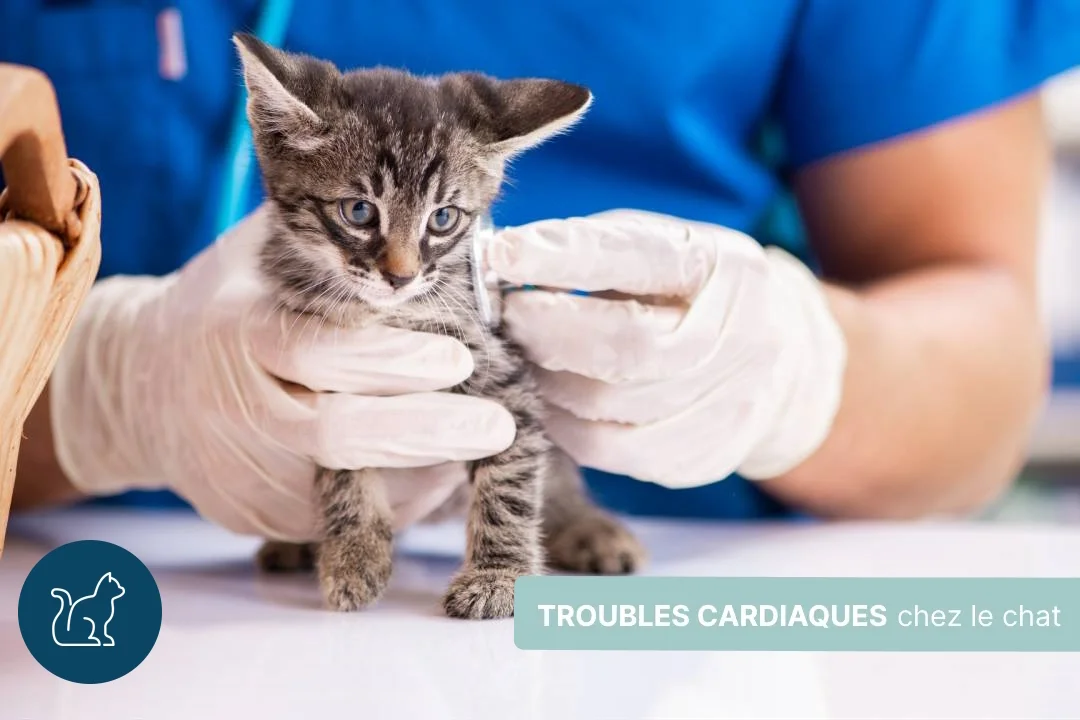
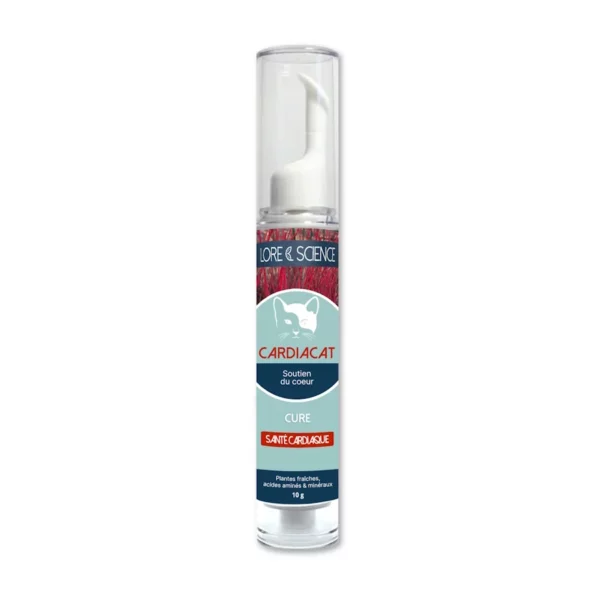
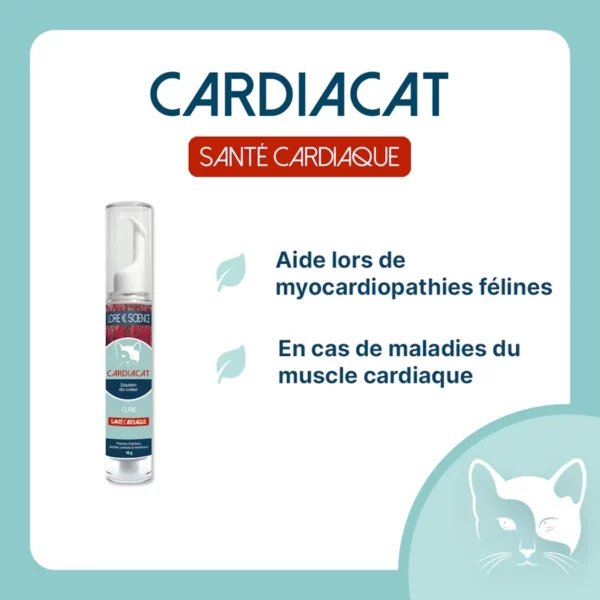


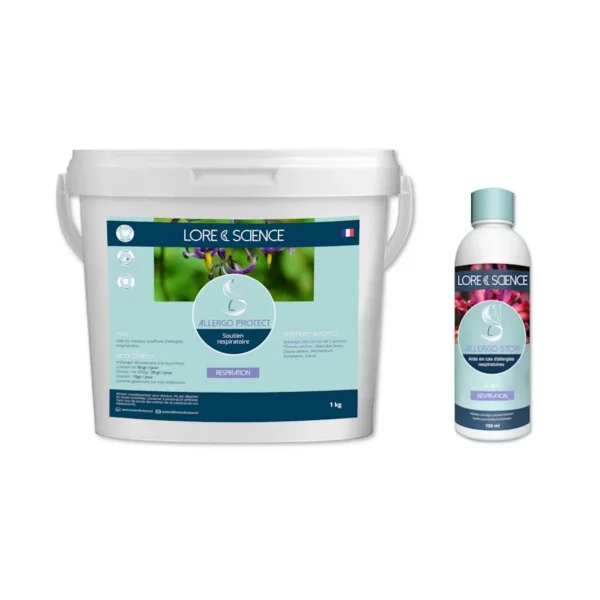
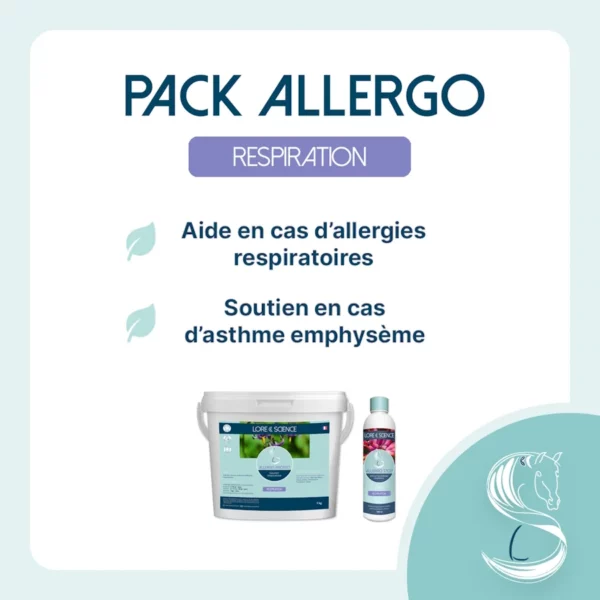
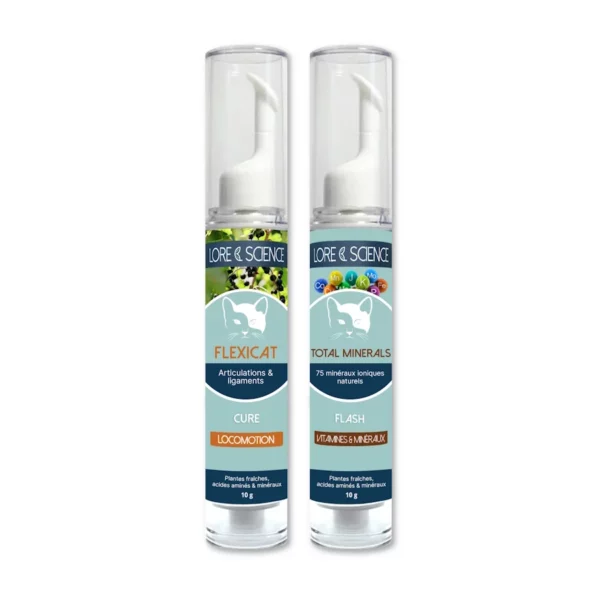
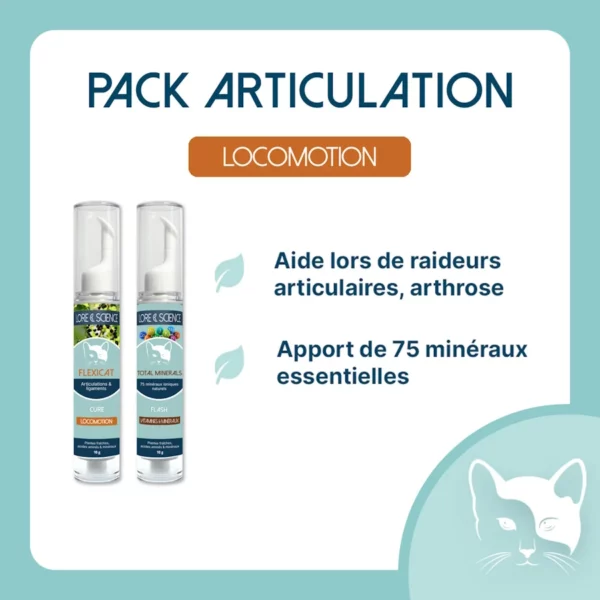






One Response to "Cardiac disorders in cats: origins and treatments"
GRACIAS